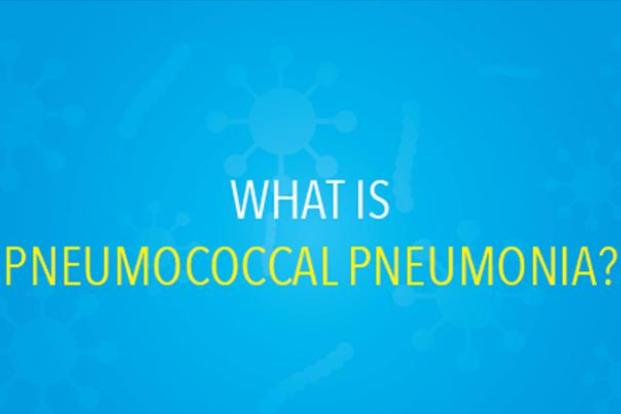What is Pneumococcal Pneumonia?
Apr 19, 2022
Pneumococcal vaccines are type of vaccineagainst the bacteria Streptococcus pneumoniae. Their use can prevent few cases of pneumonia, meningitis, and sepsis. There are two types of pneumococcal vaccines: conjugate vaccines & polysaccharide vaccines.

The symptoms of pneumococcal pneumonia can occur all of a sudden,basically presenting as a major chill later including a severe fever, cough, shortness of breath, rapid breathing, and chest pains. Some symptoms such as vomiting, headache, nausea, fatigue, and muscle aches could also accompany the original symptoms. Chest X-rays will basically show lobar consolidation or patchy infiltrates. Pneumococcal pneumonia is a major infection of the lung,s which can be fatal, especially in the elderly or infants. Outbreaks of pneumococcal pneumonia are rare. When an outbreak does occur, it is basically in adults living in gathering substandard conditions.Pneumococcal infection is widespread when an infected person communicate, coughs or sneezes small droplets including infectious agents into the air. The droplets in the air may be breathed in by those surrounding. Infection may be spread by interacting with hands, tissues and other articles soiled by infected nose and throat discharges. Pneumococcal infections are more common during the winter and may be triggered by viral infections.
Signs and symptoms
Infections involve :-
- Lungs
- Middle ear
- Sinuses
- Bloodstream
- Meninges
Pneumococcal pneumonia
Symptoms of pneumococcal pneumonia may include:
- Fever
- Chills and shaking
- Chest pain when breathing in or out
- Shortness of breath
- Cough
- Blood-stained or ‘rusty’ sputum (phlegm)
- Drowsiness or confusion are common symptoms in the elderly.









